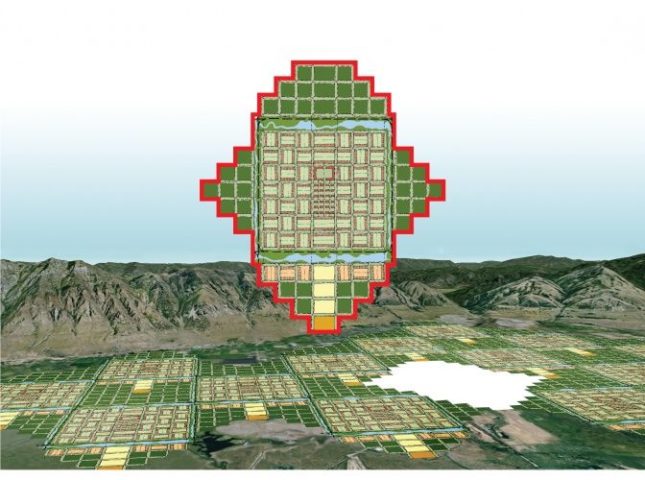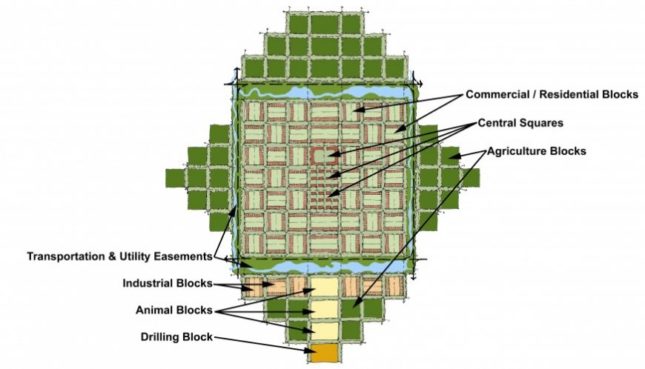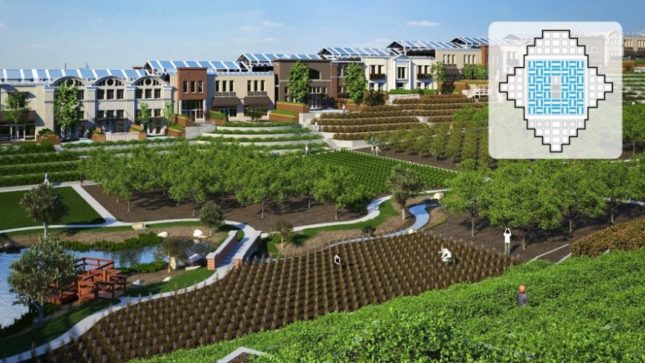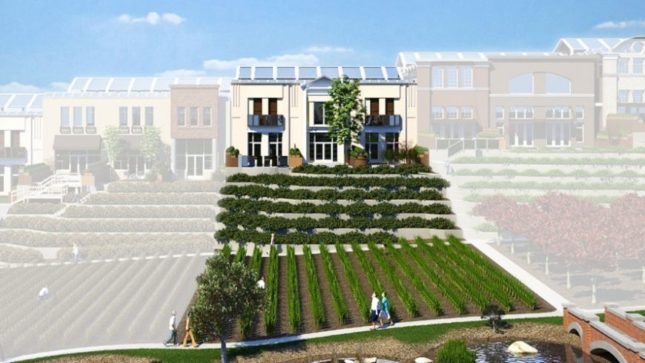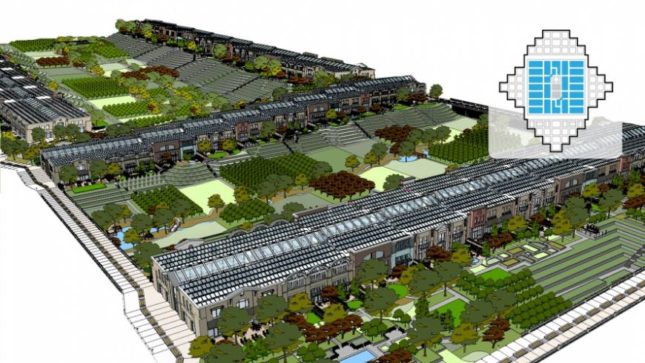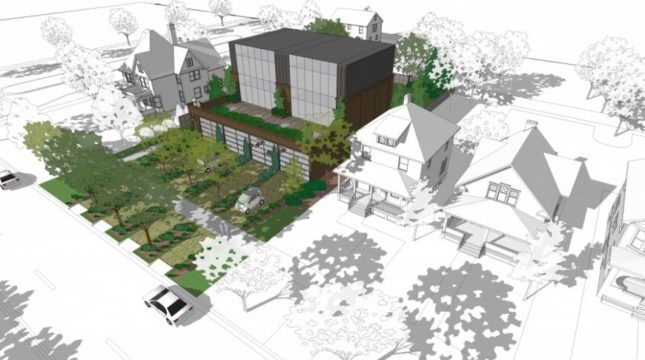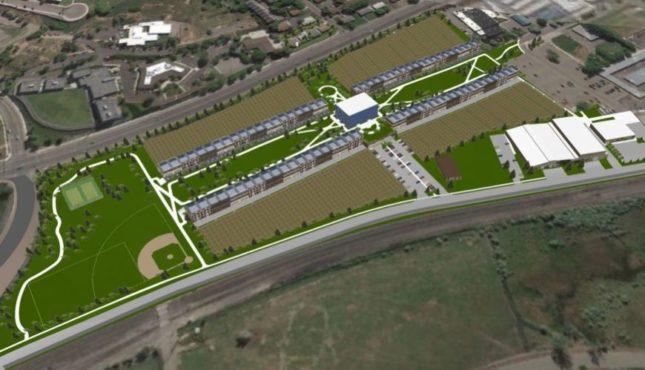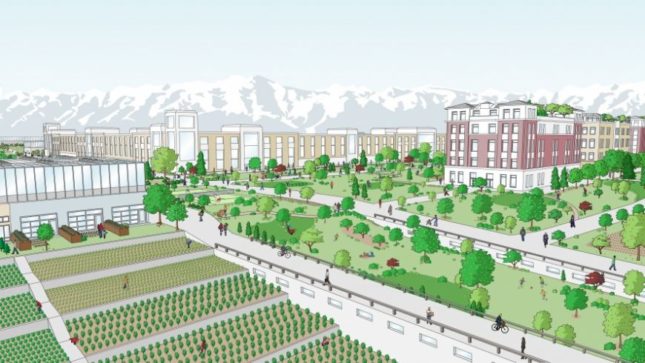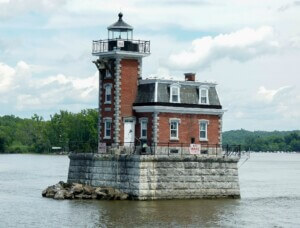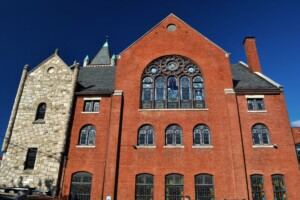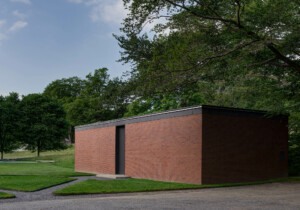Plans for a utopian city based around the Mormon design principles of Joseph Smith have been scuttled by their Salt Lake City-based developer, after the National Trust for Historic Preservation put out a warning about the project.
The sprawling sustainable city first made waves in 2016, when it was revealed that Utah millionaire David Hall had already purchased 900 acres in Vermont’s rural White River Valley through his nonprofit NewVistas Foundation. Those 900 acres were part of a larger plan to collect 5,000 acres across the four towns of Royalton, Sharon, Strafford, and Tunbridge, and carve out a walkable, mixed-use urban development for 15,000 to 20,000 people.
Hall claims that the project isn’t religious, just an experiment in ecologically sensitive urban design (despite its location near the birthplace of Joseph Smith) and that the LDS isn’t involved in any way. Still, NewVistas’ plan for the town hewed closely to Smith’s 1833 City of Zion plan; each square city block would be arranged in a rectangular grid along wide streets with prescribed setbacks on half-acre lots.
NewVistas wanted to combine Smith’s 19th century ideas with 21st century technology and New Urbanist principles. The city would have been composed of smaller villages of 160 to 210 people each on 960 half-acre lots, all centered around common areas, with the villages eventually coming together to form an urban conglomeration that could be scaled up to house millions.
The trippiest of Hall’s ideas? In a Bloomberg interview, Hall claimed that residents would live in 200-square-foot apartments, with Roomba-like robots that would shuffle furniture around when needed to create more space.
Hall had picked up a total of 1,500 acres in Vermont since his purchases first went public. Now, after the nonprofit National Trust for Historic Preservation placed the four towns and surrounding valley under “Watch Status” on their annual list of the 11 most endangered historical sites, Hall has dropped his plans.
“The charming village centers and idyllic surrounding farms and forests in four historic towns,” reads the Trust’s statement, “would be permanently altered by a development proposal calling for construction of a new planned community in this rural part of Vermont.”
The move was abrupt, coming only one day after the Trust’s designation on June 26. Despite being met with fierce local resistance in the past, Hall directly cited the Trust’s mention and has now placed his land holdings up for sale. All 1,500 acres are reportedly being sold as one parcel to prevent overdevelopment in the future, though the plots are not all contiguous.
Fans and aspiring utopians shouldn’t be discouraged. Hall has already dropped $100 million on kickstarting a chain of global NewVistas, and a prototype community in Provo, Utah, close to Brigham Young University, is still on track.







